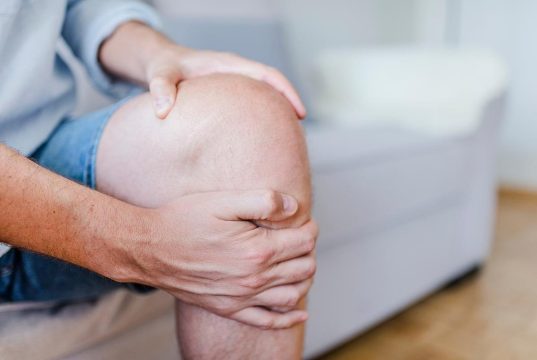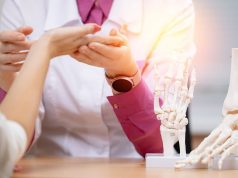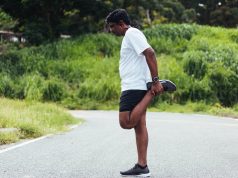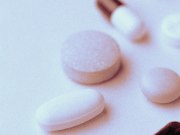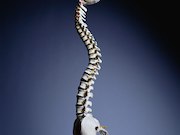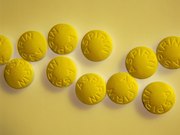February 2018 Briefing – Orthopedics
Here are what the editors at HealthDay consider to be the most important developments in Orthopedics for February 2018. This roundup includes the latest...
Early Studies Often Show Exaggerated Treatment Effect
Findings based on assessment of trials evaluating drugs, devices to treat chronic medical conditions
Knee Pain, Functional Impairment Associated With Depression
In elderly Japanese, difficulty putting on, taking off socks, pain at night linked to depressive symptoms
Recommendations for Optimizing Hidden Curriculum in Medicine
Clinical learning environment should be optimized by ensuring what is taught in classroom is modeled
Understanding Rx Nonadherence Can Improve Adherence
Changing attitudes toward patients and their medication adherence can improve adherence
Menopausal Hormone Therapy Tied to Less Pronounced Kyphosis
Continuous and remote past HT users had less kyphosis in minimally-, fully-adjusted models
Artificial Intelligence May Help Prevent Physician Burnout
Many potential uses for AI, including improving searches and documentation, selecting treatment
CDC: No Change in Percentage of Uninsured in U.S. From ’16 to ’17
Increase in percentage of those aged younger than 65 years enrolled in high-deductible health plan
Aspirin, Rivaroxaban Similar After Total Hip, Knee Arthroplasty
Extended prophylaxis with aspirin no different from rivaroxaban for preventing venous thromboembolism
Hydroxychloroquine No Better Than Placebo for Hand OA
No more effective than placebo for moderate-to-severe hand pain and radiographic osteoarthritis


